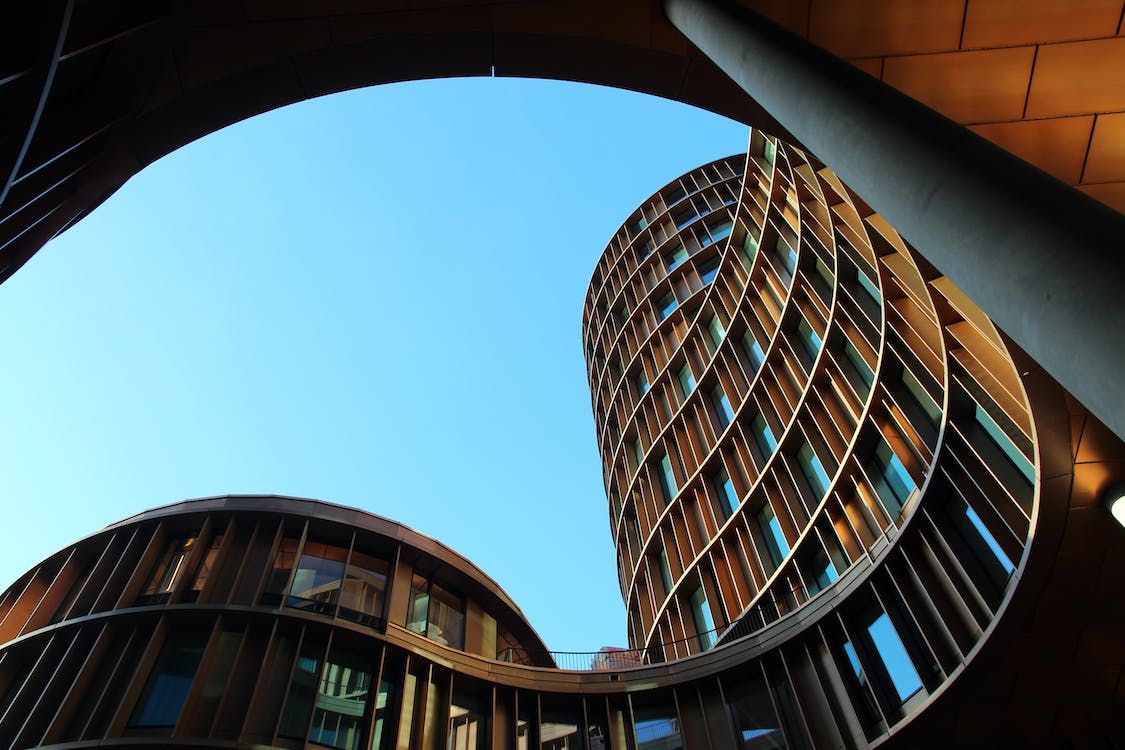
UCL’s Institute for Environmental Design and Engineering is seeking applications for a fully funded Studentship in: ‘Improving building performance through better feedback: understanding the effectiveness of Post Occupancy Evaluation (POE)’
Effective feedback is vital for any product to work as intended and meet the needs of the user. Unfortunately, evidence shows many buildings do not perform as intended, undermining decarbonisation efforts and leaving us with uncomfortable, unhealthy buildings. This PhD will aim to improve feedback, leading to better buildings.
Supervisors: Dr Samuel Stamp of UCL Institute for Environmental Design and Engineering, Dr Arash Beizaee of Loughborough University’s School of Architecture, Building and Civil Engineering
Funding: The studentship will cover UK course fees and an enhanced tax-free stipend of approx. £22,000 per year for 4 years along with a substantial budget for research, travel, and centre activities.
Fees: ERBE CDT has very limited funding for applicants requiring coverage of overseas fees. We advise all interested applicants to be familiar with the changes to EU and International Eligibility for EPSRC/UKRI funded studentships
Dates: 4 years from September 2023
Context:
Post-occupancy evaluation (POE) is defined by RIBA as “the process of obtaining feedback on a building’s performance in use after it has been built and occupied.” POE methods include both qualitative (e.g. questionnaires, surveys, interviews and focus groups etc.) and quantitative (e.g. smart meters, temperature monitoring, ventilation measurements etc.) approaches. These aim to gain insights into building energy use, environmental performance and user satisfaction. Such feedback remains vital in delivering low-energy buildings and avoiding issues such as summertime overheating, poor indoor air quality and high energy bills.
Post-Occupancy Evaluation (POE) and building performance evaluation programmes have provided valuable insights into the real-world performance of buildings over the last few decades. However, evidence shows both domestic and non-domestic buildings still underperform and fail to meet their design aspirations.
Developments in sensing technologies, smart metering, experimental techniques, analytical methods have opened up possibilities to a wider range of measurements, with higher resolution data and less intrusive methods. Similarly, a wider toolbox of qualitative approaches have developed across POE programmes. This developing toolbox for POE practitioners should lead to more widespread and more effective POE studies. But are POE studies truly effective and informative?
Studentship aims:
The PhD will aim to make POE studies of the future more effective, providing better, more useful feedback to building designers, developers, policy makers and occupants. This leads to questions such as:
- When have studies simply finding problems vs identifying clear causes and even pin pointing solutions?
- Where has incomplete information left too much uncertainty or only a partial understanding?
- How do the breadth, depth and sampling strategy of project lead to more or less success?
To do this, the PhD will aim to review previous studies and gather feedback from POE practitioners, design teams, occupants and clients.
Person specification:
A degree in the built environment (e.g. architecture, engineering) and/or professional experience would be desirable but is not essential.
A minimum of an upper second-class UK Bachelor’s degree and a Master’s degree, or an overseas qualification of an equivalent standard, in a relevant subject, is essential. Exceptionally: where applicants have other suitable research or professional experience, they may be admitted without a Master’s degree; or where applicants have a lower second-class UK Honours Bachelor’s degree (2:2) (or equivalent) they must possess a relevant Master’s degree to be admitted.
Applicants must also meet the minimum language requirements of UCL
Applicants should be familiar with the changes to EU and International Eligibility for UKRI funded studentships.
How to apply
All CV’s and Cover Letters must be completely anonymised and not contain any references to protected characteristics, such as gender, ethnicity or race.
Please submit your application by email to the UCL ERBE Centre Manager (bseer.erbecdt@ucl.ac.uk) with Subject Reference: 4-year PhD studentship in ‘Improving building performance through better feedback: understanding the effectiveness of Post Occupancy Evaluation ‘
The application should include each of the following:
1) An anonymised Cover Letter clearly stating why you are applying and how your interests and experience relate to this project, and your understanding of eligibility according to these guidelines: EU and International Eligibility for EPSRC/UKRI funded studentships
2) An anonymised CV
3) Complete the CDT EPSRC Eligibility Questionnaire and EDI Questionnaire via the linked Microsoft Forms.
Only shortlisted applicants will be invited for an interview.
• For the interview shortlisted candidates will be asked to show proof of their degree certificate(s) and transcript(s) of degree(s), and proof of their fees eligibility.
• The interview panel will consist of the project’s academic supervisors at UCL and a representative of the ERBE CDT Academic management. The interview will include a short presentation from the candidate on their ideas of how to approach this PhD project.
Following the interview, the successful candidate will be invited to make a formal application to the UCL Research Degree programme for ERBE CDT.
Deadline for applications: 31st May 2023 @ 23:59 (UK time)
Interviews week commencing: TBC
For further details about the admission process, please contact: bseer.erbecdt@ucl.ac.uk
For any further details regarding the project, contact Dr Samuel Stamp, samuel.stamp@ucl.ac.uk
You will be undertaking this project in UCL at the main (Bloomsbury) campus as part of the EPSRC-SFI Centre for Doctoral Training in Energy Resilience and the Built Environment (ERBE CDT). This is a collaboration between UCL, Loughborough University and Marine and Renewable Energy Ireland (MaREI). For more information please see http://erbecdt.ac.uk
